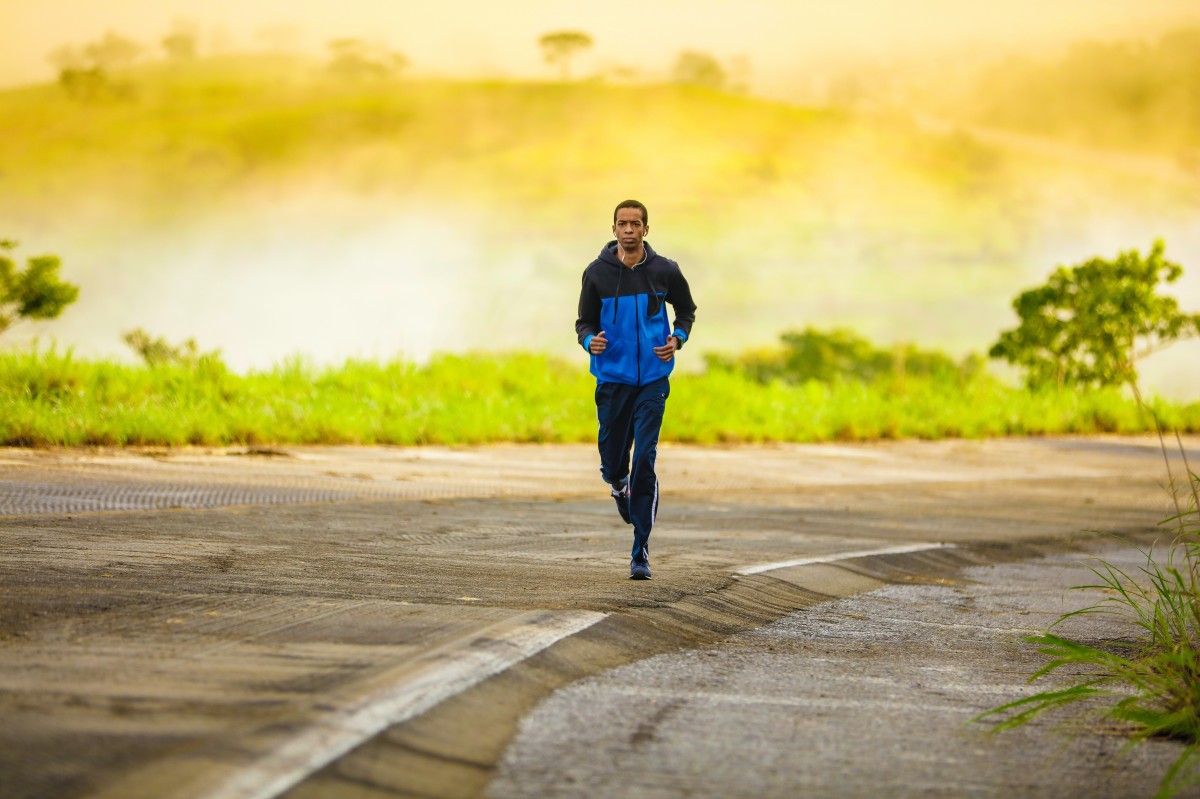In the annals of contemporary social discourse, few incidents have ingeniously catalyzed discussions on unity and justice like the tragic death of Ahmaud Arbery. As a Bahá’í, one might ponder the profound implications of this event through the lenses of unity, equity, and collective consciousness, essential tenets within the Bahá’í teachings. The question arises: how do our spiritual principles compel us to ponder not only Ahmaud’s legacy but also our own role in the tapestry of humanity? This meditation invites us to reflect on these issues while advocating for a spirit of oneness that transcends individuality.
The fundamentals of the Bahá’í faith emphasize unity—a foundational principle echoing through the writings of Bahá’u’lláh. The teachings advocate that humanity is a single entity, woven from a myriad of cultural threads. Each thread, while unique, contributes essential richness to the collective whole. Therefore, the challenge posed by the tragedy surrounding Ahmaud Arbery is twofold: it implores us to recognize our interconnectedness while confronting the societal divisions that threaten it. In our daily lives, are we consciously promoting unity, or are we, perhaps unconsciously, succumbing to the divisive forces that surround us?
To reflect on this matter, one must first explore the concept of collective responsibility, a powerful tenet within Bahá’í philosophy. This principle suggests that when an injustice occurs, it is not merely the responsibility of a specific group to address it, but rather a communal obligation. This perspective challenges individuals to rise beyond the confines of their geographical and cultural limitations. The passing of Ahmaud—an innocent jogger—bring to light painful questions surrounding racial inequity, privilege, and the necessity of advocating for justice as an interconnected global society.
In examining the broader implications of Ahmaud’s story, one might delve into the Bahá’í injunction against prejudice. The Bahá’í writings resoundingly denounce all forms of bigotry and promote a vision of coexistence among diverse cultures and identities. Thus, it becomes imperative for Bahá’ís to not remain passive observers of societal atrocities; rather, it is essential to actively cultivate understanding and compassion. Here, the challenge lies in the potential discomfort of confronting one’s biases and engaging in dialogues that can feel daunting.
The act of running, in this context, can be seen as a metaphor for life’s journey—a journey that ultimately must collectively transcend barriers. Running together symbolizes the unity and solidarity we should strive for within the human family. Each stride taken in compassion and empathy brings us closer to embodying the Bahá’í ideal of unity. In attending community gatherings, advocating for social justice, or simply reaching out to a neighbor, one might ask: how can I affirm the dignity of every human being? The Bahá’í text asserts, “The earth is but one country, and mankind its citizens.” This profound understanding of citizenship calls us to action in our local context in the spirit of solidarity and common purpose.
Meditation, as a means of internal reflection on these themes, becomes a tool for fostering compassionate engagement with the world. When one partakes in meditative practices, particularly on subjects of social justice and unity, it opens the pathway to recognizing biases that might cloud one’s view of humanity. This introspection can be instrumental in understanding that every human experience is interlinked. To meditate on Ahmaud’s life is to meditate on the broader challenges of systemic injustice, racial unity, and the way forward in building a more equitable society.
The ethical imperative of Ahmaud’s story extends to encouraging Bahá’ís and non-Bahá’ís alike to take active roles in cultivating environments of justice and equality. Local communities must become sanctuaries where individuals can voice their truths, seek understanding, and collectively navigate the labyrinth of societal challenges. Such environments not only embody the teachings of Bahá’u’lláh but also reflect a microcosm of the world we aspire to create. This is where the notion of “running with Ahmaud” extends beyond literal interpretation; it becomes a rallying cry for unity in action.
The challenge remains to persistently advocate for meaningful change carved from love for humanity, transcending socio-political barriers that have historically separated individuals. Firm in belief, the Bahá’í strategy emphasizes that social transformation begins with individual transformation. In considering how to embody this principle in light of Ahmaud’s legacy, every action—whether a moment of kindness or a declaration against injustice—propagates a ripple effect, fuelling a larger wave of consciousness that can lead to exceptional societal metamorphosis.
In conclusion, running alongside the teachings derived from Ahmaud Arbery’s story enables a deeper exploration of unity intrinsic to the Bahá’í faith. It poses the reflective questions that challenge us while beckoning a collaborative response to the profound injustices that persist. The principles of Bahá’í teachings invite us to declare our commitment to collective action, embrace diversity, and cultivate unity. As spiritual seekers, we are reminded not only of our shared humanity but also of our duty to reflect this unity in everything we do. Together, we can converge not just as runners on a track but as devoted stewards of justice and harmony within the intricate fabric of life.
